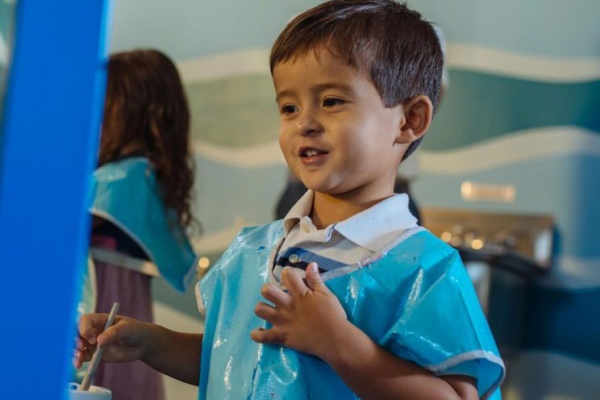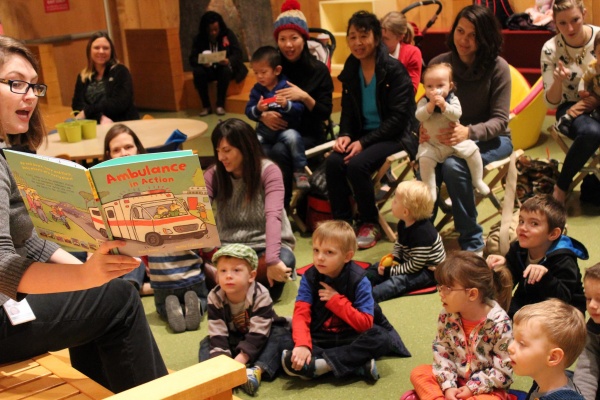
Building Skills Against Bullies
A couple of weeks ago my fellow blogger Sharon pondered the question of bullying.  She was worried about her daughter, both her potential to be a victim and her potential to be influenced by the “alpha kids” at school. Most of us can relate to her dilemma – and the feelings of helplessness we struggle with as parents.
She was worried about her daughter, both her potential to be a victim and her potential to be influenced by the “alpha kids” at school. Most of us can relate to her dilemma – and the feelings of helplessness we struggle with as parents.
An interesting Canadian study released this past week looked at bullying from a group standpoint and found that it may be an extreme form of our natural desire for order within social settings. The kids who were victimized tended to be different and thus threaten the established hierarchy. That is, the “alpha kids” – fifth- and sixth-graders in this case – were protecting their status at the expense of the victimized children.
The authors point out that concentrating on the bullies’ behavior alone won’t solve the problem. While they don’t blame the victims, they do encourage parents and teachers to spend equal time fostering social skills in students who are quiet, lonely, and withdrawn – all traits that victims tend to share.
The downside is that they don’t go into how parents and teachers should do this. For some specific suggestions, I turned to an excellent book about depression in children called The Optimistic Child: A Proven Program to Safeguard Children Against Depression and Build Lifelong Resilience. Its author, Dr. Martin Seligman, spends an entire chapter on building children’s social skills during the crucial years of late childhood, when kids are trying to fit in with their friends and peers.
Seligman’s view is that children who have adequate social skills and strategies for solving day-to-day problems will be resilient in situations like bullying. He has three rules for parents:
- Don’t try to solve all your child’s problems.
- When you give your child space to learn to problem-solve, don’t be critical of his efforts.
- Model a flexible problem-solving strategy yourself.
If you’re like me, you haven’t really thought about your problem-solving strategy. The one Seligman recommends has five steps that include viewing the problem from other perspectives and setting goals for the desired outcome. Chances are you subconsciously use some version that works for you – and you’ve probably never realized you should explain it to your child.
Seligman suggests sitting down and talking with your middle-schooler about how problems get solved. Kids that age can understand multi-step strategies, and they can benefit from examples and role-play scenarios that give them the chance to practice. (The book has several of each).
My boys are a bit young for the full problem-solving approach, but we are introducing some of the lessons. We’re talking about being assertive but not hostile, and we’re giving them space to try out their own solutions before we step in to help.
By Amy De La Hunt, Health Blogger for SmartParenting

Amy De La Hunt is a journalist and editor who lives in the St. Louis metro area and works across the country as a writer, copy editor, project manager and editorial consultant on everything from fiction books to monthly magazines to blog posts. When she's not chauffeuring her teenage sons to activities, Amy is an enthusiastic amateur cook, landscaper, Latin dancer and traveler. Follow Amy on Instagram @amy_in_words





















